Sad State of Affairs in Another Smart City: Patna
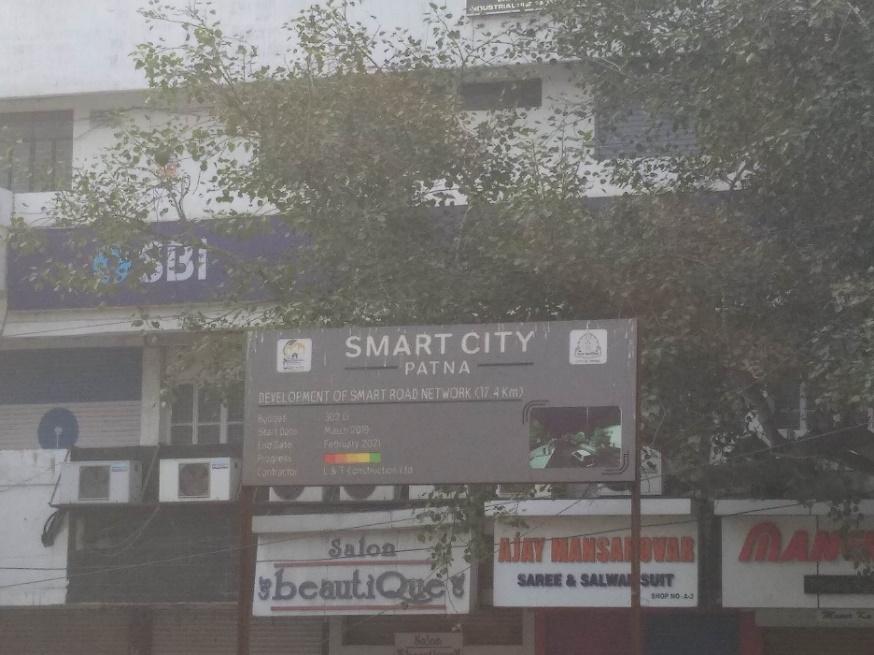
A board about Smart City roads network in Patna
Is removing the poor from the city one of the inevitable tasks of the Smart Cities Mission (SCM)? After listening to the views of the delegates in a conference held by the ‘Patna City Alliance of the Poor’, a scary picture has emerged.
The Patna Municipal Corporation (PMC), which has 75 wards and elected councilors, is governed by the Bharatiya Janata Party (BJP), as it has a majority of the elected councilors. Infrastructure in Patna—which was chosen to be part of the SCM—has suffered owing to the urbanisation scheme of the Centre. On the other hand, it has severely affected the poor people—throwing them out of their settlements. The Patna city budget, including the smart city budget, is about Rs 5,000 crore annually. A large amount from this budget is used to widen the roads and for redevelopment. But in the process, poor slum dwellers are forced to face eviction. The city that does not and should not have metro as one of the modes of transport is planning to go ahead with it—which is expected to further worsen the situation.
When hundreds of poor slum dwellers were evicted from Boring Road for a so-called “smart” intervention, no notices were served to the people. The municipal authorities reportedly arrived all of a sudden with giant machines and plundered their hutments. In the last two years, more than 7,000 houses have been destroyed by the municipal authorities and other agencies in Patna city. This was confirmed by one of the ward councilors in the conference.
In many incidents, even the street vendors have been evicted from their workplaces. This is being done under the guise of “allowing mobility” in the city. But a cursory look at how the roads are widened shows the city administration’s utter disregard for the pedestrians. It is only the mobility of the motor cars that the plan aims to facilitate.
In Maurya Lok Complex, shops leased to the people were demolished overnight just because the municipal corporation planned to have parking space in this area.
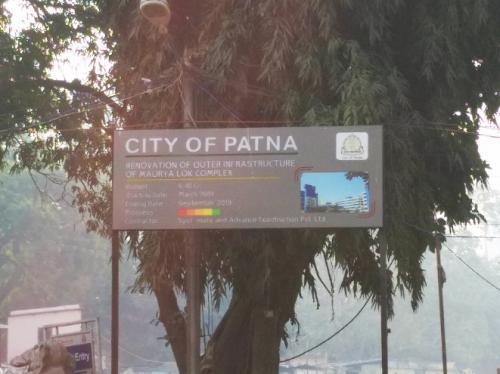
Figure 1 Board displays the cost incurred
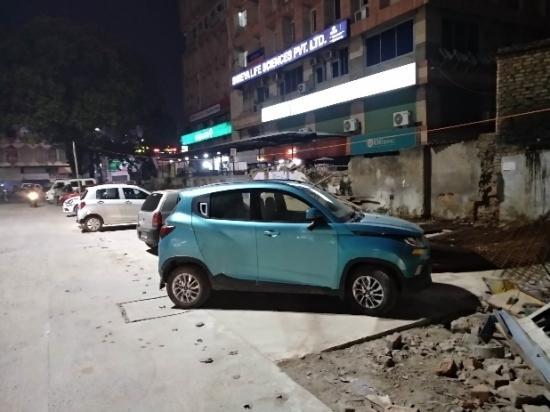
Figure 2parking space created after removing the shops
The two photographs attached show the space occupied by the cars and a hoarding that exhibits how the money was utilised for the parking of cars. An amount of Rs 6.5 crore was spent on the exercise. Some of the shopkeepers later got a relief from the court and now the municipal corporation is asked to pay for the damages done to the shops.
Under SCM, development work of a road network of 17.4 kilometres in Patna city was given to Larsen & Toubro. It executed the project at the cost of Rs 302 crores. The photograph attached exhibits the pricing and the name of the agency. This money was utilised to widen the roads. A walk on Frazer Road, one of the “smart roads” tells us that even when mobility should be facilitated by pedestrianization of the city; exactly the reverse has happened here. While the road has been widened, the space for the pedestrians has been squeezed. This is the “smartness” of the smart city road network. The attached photos show the reality of the work done.
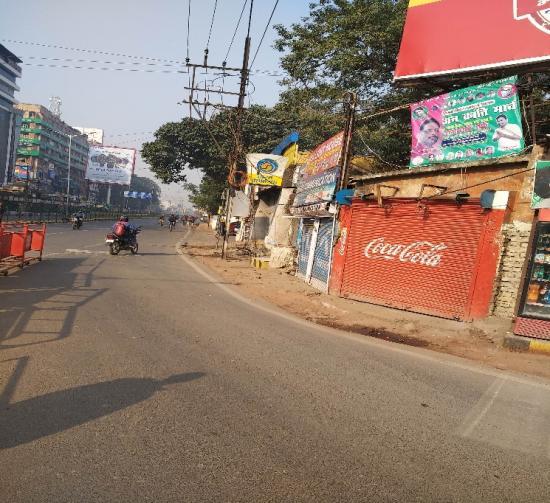
No space for pedestrians: Frazer Road in Patna
The haste with which the decisions are being taken—bypassing the people and even their elected representatives—is a classic case of the city administration being taken over by the business model of governance through the SPV (special purpose vehicle). The SPVs are the tools enabled statutorily in the city governance mechanism under the smart city mission. The results of governance models that are being built—which overlook consent of the people and of the elected representatives too, sometimes—are in front of us.
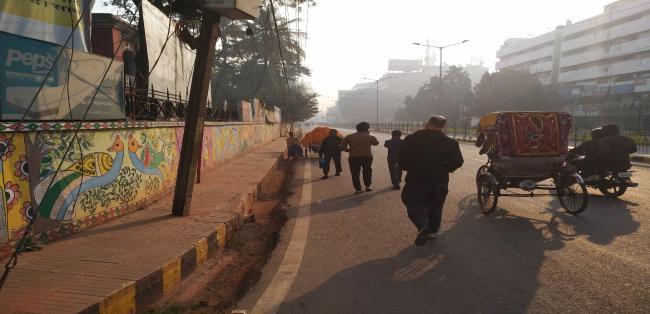
Frazer Road: Disregard for pedestrians
The conference ended on an interesting note. An interesting phenomenon called ‘election hit campaign’ was put forth. In Madhya Pradesh, this campaign was unleashed by the slum dwellers, who, just before the elections, forced the contestants to sign an affidavit—agreeing to their demands, especially against eviction drive. It bore results as well. The BJP government had refused to accept the format and demands. However, Congress not only signed the affidavits, but also got the video of the exercise recorded.
Now, Patna residents, mainly the poor, have decided to assert their right to housing and livelihood in a similar fashion. A few months later, elections to the state Assembly will be conducted. The slum dwellers have resolved to build networks with several organisations. As the election approaches, the candidates contesting from different political parties will be asked to file an affidavit before the people, the slums and the street vendors to assure that their (poor people) homes/shops will be regularised and they will be provided with entitlements.
Get the latest reports & analysis with people's perspective on Protests, movements & deep analytical videos, discussions of the current affairs in your Telegram app. Subscribe to NewsClick's Telegram channel & get Real-Time updates on stories, as they get published on our website.
























